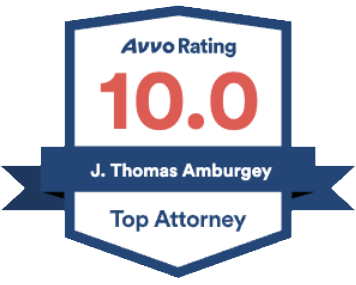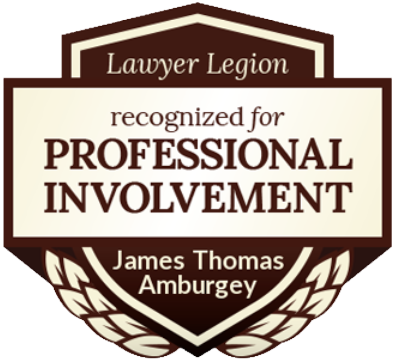Drug Possession Charges in North Carolina: What You Need to Know
Drug possession charges in North Carolina carry significant legal consequences that vary based on the type of drug and the amount in question. Understanding the state’s drug laws and the available defenses is crucial to protecting your rights if you’re facing charges.
Drug Possession Laws in North Carolina
In North Carolina, controlled substances are classified into six categories known as schedules, with Schedule I substances being the most dangerous and Schedule VI being the least. The specific schedule that a drug falls under can determine the severity of the charge.
- Schedule I drugs (e.g., heroin, LSD, MDMA) carry the most severe penalties, as they are considered highly dangerous with no accepted medical use.
- Schedule II drugs (e.g., cocaine, methamphetamine, fentanyl) are highly addictive but have accepted medical uses, resulting in severe penalties for illegal possession.
- Schedule III drugs (e.g., anabolic steroids, ketamine) include substances with moderate potential for abuse and accepted medical uses. Penalties for illegal possession are less severe than those for Schedules I and II.
- Schedule IV drugs (e.g., Xanax, Valium, Tramadol) have a lower potential for abuse than Schedule III substances and accepted medical uses, but illegal possession still carries criminal penalties.
- Schedule V drugs (e.g., cough preparations containing codeine) have a very low potential for abuse and widely accepted medical uses, often resulting in the least severe penalties for illegal possession.
- Schedule VI drugs (e.g., marijuana, hashish) are considered to have the lowest risk of abuse among the schedules, but possession can still lead to criminal penalties depending on the amount found.
The severity of the charges is also impacted by the amount of the drug in question. Small amounts may lead to misdemeanor charges, while larger amounts or repeat offenses can result in felony charges. If you’re found with amounts large enough to suggest intent to distribute, the penalties will be significantly more severe.
Potential Penalties for Drug Possession
Penalties for drug possession in North Carolina range widely depending on the substance, the quantity, and any prior criminal history:
- Misdemeanor Drug Possession: For small quantities of Schedule VI drugs like marijuana, penalties might include fines, probation, or community service.
- Felony Drug Possession: For larger quantities or more dangerous drugs like cocaine or heroin, you may face substantial fines, long-term imprisonment, and a permanent criminal record.
Even misdemeanor drug charges can have long-lasting effects on your life, including your ability to obtain housing, employment, or higher education. A felony conviction carries even more serious repercussions, including the loss of certain civil rights.
Building a Defense Against Drug Possession Charges
Several defense strategies can be employed to fight drug possession charges, depending on the circumstances of your arrest:
Unlawful Search and Seizure: One of the most common defenses involves challenging the legality of the search. If the police violated your Fourth Amendment rights during the search or seizure, the evidence may be thrown out.
- Lack of Possession: Your attorney may argue that the drugs found were not in your control or possession.
- Drug Diversion Programs: First-time offenders may be eligible for drug diversion programs, which allow for the charges to be dismissed upon successful completion of a treatment or education program.
Trust Thomas Amburgey with Your Drug Possession Defense
If you’ve been charged with drug possession in North Carolina, it’s essential to have an experienced defense attorney on your side. Attorney Thomas Amburgey, a Board Certified Specialist in State Criminal Law, has been recognized by Best Lawyers in America, North Carolina Super Lawyers, and the Legal Elite. From his office in Asheville’s historic Jackson Building, Thomas Amburgey offers expert legal representation for individuals facing drug-related charges. With his deep understanding of North Carolina’s drug laws, he will work to build a strong defense and pursue the best possible outcome for your case.
The articles on this blog are accurate as of their date of publication and are intended to provide general information about the status of the law and commonly accepted practices in North Carolina.
These articles should not be considered legal advice.
For personalized guidance, we recommend consulting with a qualified attorney.

CERTIFIED LEGAL SPECIALIST

THE LEGAL ELITE

Best Lawyers in America






